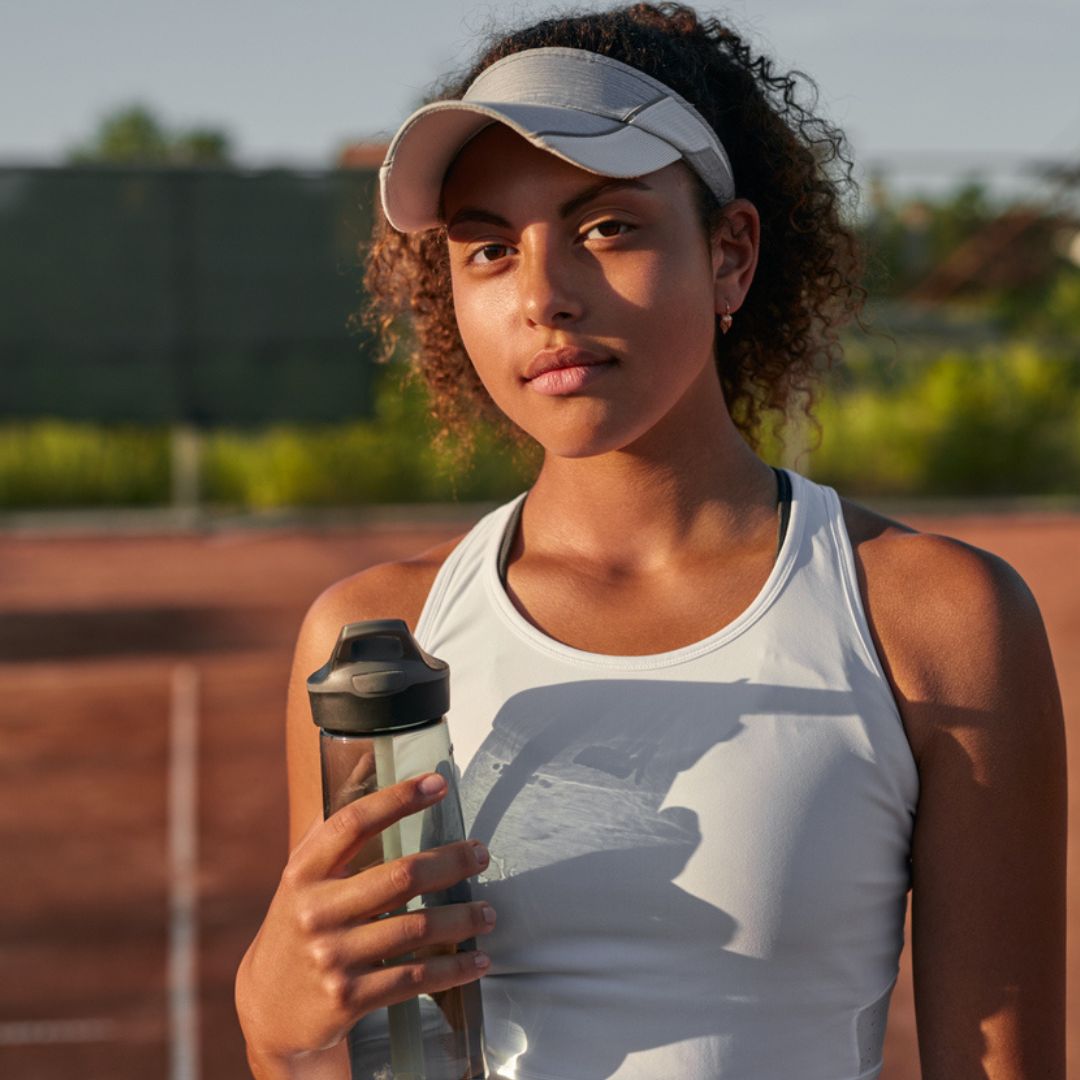
At Orthopedic Specialty Institute, we are committed to providing educational resources on common sports injuries, including anterior cruciate ligament (ACL) injuries, which are prevalent and particularly concerning among young female athletes. Research shows that girls over the age of 12 are at a significantly higher risk of ACL injuries compared to their male counterparts.
Why Are Girls More Susceptible to ACL Injuries?
Hormonal Factors
Various studies suggest that hormonal differences between males and females, such as those involving estrogen and relaxin, may affect ligament laxity and stiffness. During certain phases of the menstrual cycle, when estrogen levels are higher, ligaments may become more lax, increasing the risk of injuries.
Biomechanical Differences
Girls typically exhibit different landing and cutting techniques compared to boys, often characterized by a more upright posture and less hip and knee flexion. This can create greater stress on the knees, particularly on the ACL. Research indicates that these biomechanical patterns are associated with a higher incidence of ACL injuries.
Physical and Developmental Factors
Differences in muscle strength and coordination, as well as the slower development of neuromuscular control as girls hit puberty, also contribute to the increased risk. The quadriceps-to-hamstring strength ratio is often higher in females, which can compromise knee stability and increase the load on the ACL.
Prevalence and Impact
Studies have found that young female athletes in sports requiring sudden stops and changes in direction — such as soccer, basketball, and gymnastics — are particularly at risk. According to the American Medical Society of Sports Medicine, estimates of women athletes’ ACL injuries range from two to six times greater than that of male athletes.
The repercussions of these injuries are significant, often requiring surgical intervention and lengthy rehabilitation periods, which can impact athletic trajectory and overall physical health.
Prevention Strategies
Targeted Training Programs
Implementing neuromuscular training programs that focus on improving strength, flexibility, agility, and proper technique can significantly reduce the risk of ACL injuries.
Exercises that enhance core stability and promote proper alignment and technique during jumping and landing are particularly effective.
Education and Awareness
Educating coaches, parents, and athletes about the risk factors and signs of potential injury can lead to early intervention and prevention. Awareness programs that teach athletes about the importance of proper technique and preventive exercises are crucial.
Regular Screening
Early detection of risk factors through biomechanical screening can help identify athletes at higher risk. Tailored training programs can then be developed to address specific needs.
Treatment Options
At Orthopedic Specialty Institute, we offer a comprehensive approach to the treatment and management of ACL injuries. Treatment plans are personalized and may include:
- Surgical Reconstruction: For competitive athletes and those with complete tears, ACL reconstruction surgery is often recommended to restore knee stability and function.
- Physical Therapy: Post-injury and post-surgery, a structured physical therapy program is essential. Our therapists specialize in sports rehabilitation and work closely with patients to restore strength, flexibility, and function.
- Long-term Rehabilitation and Return to Sport: We focus on safely returning athletes to their sports with a lower risk of re-injury through gradual progression of activity levels and ongoing strength and conditioning.
Prevent and Treat ACL Injuries in Young Female Athletes
The increased risk of ACL injuries among girls over 12 underscores the need for targeted prevention and treatment strategies. At Orthopedic Specialty Institute, we are dedicated to supporting young female athletes through education, preventive care, and advanced treatment options.
If you are concerned about ACL injuries or are seeking advice on prevention or treatment, please contact us to schedule a consultation. Let us help you maintain your health and achieve your athletic goals safely.
